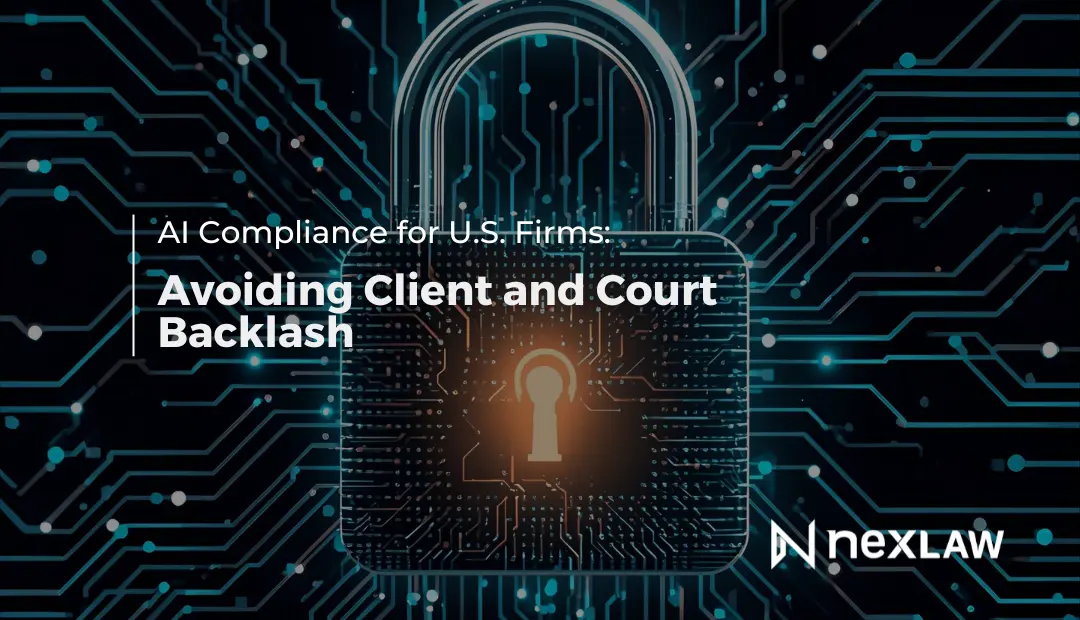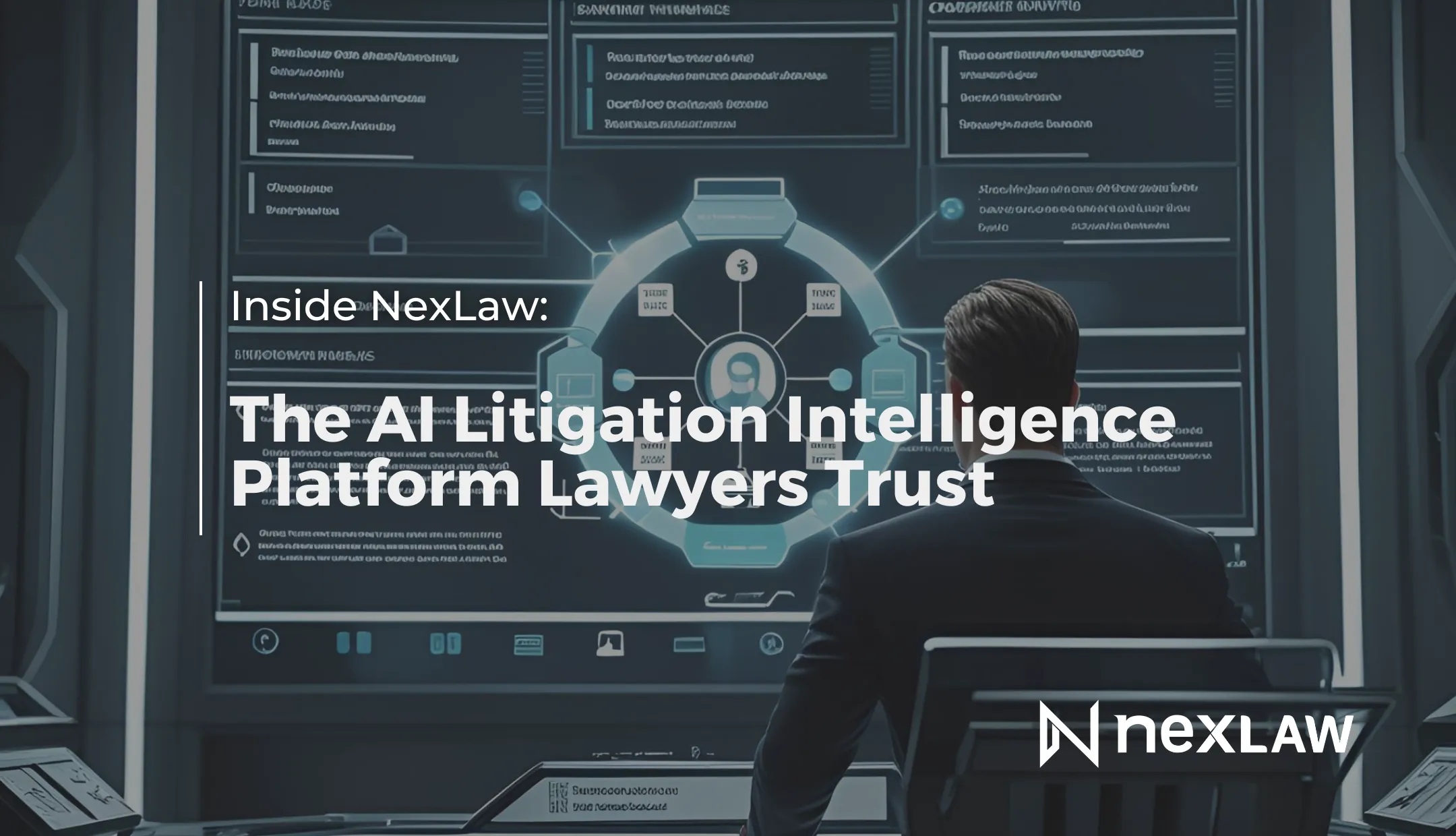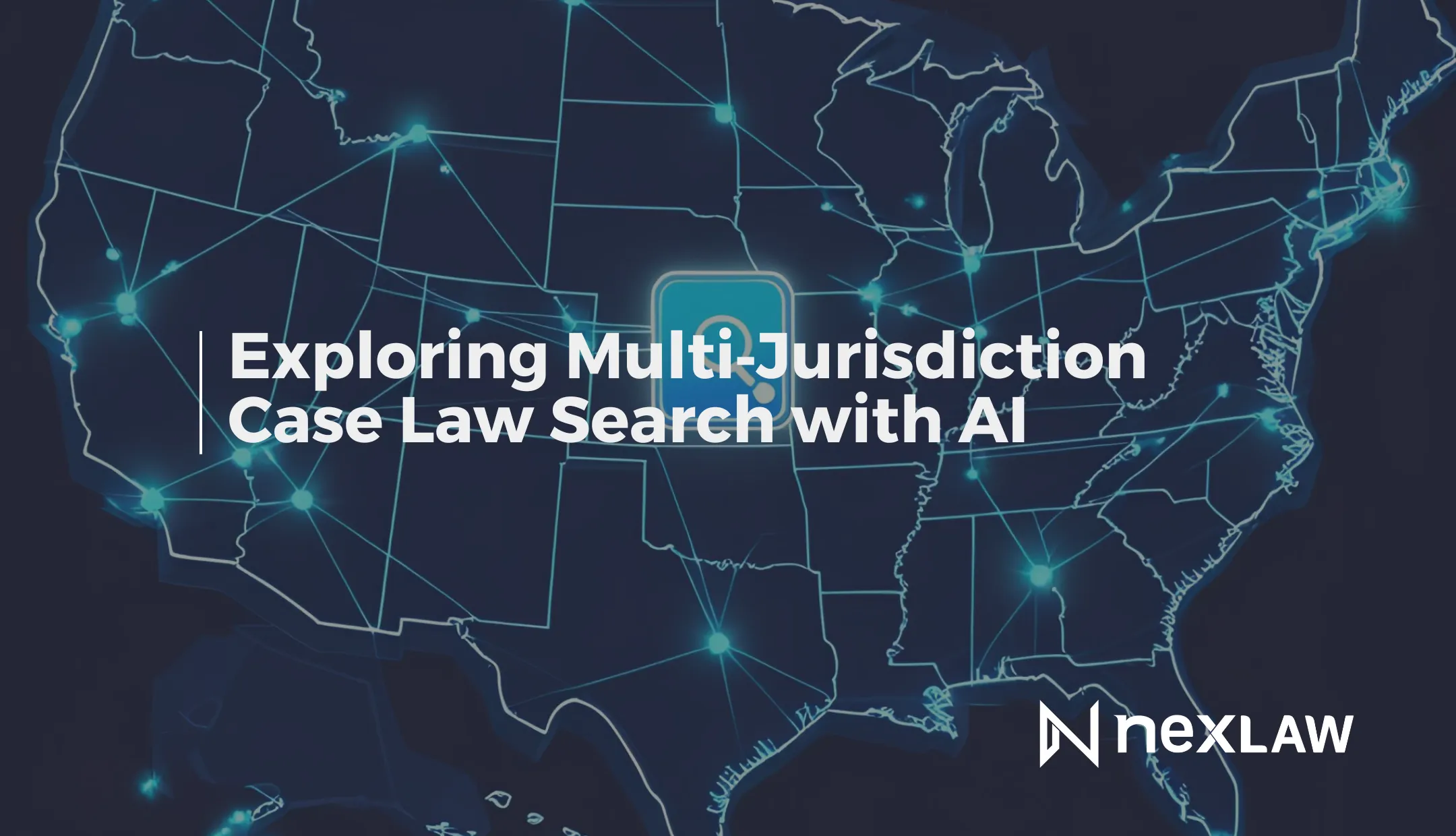How AI is Transforming Law Firms: The Technology Revolution
The legal industry stands at the precipice of its most significant transformation in decades. Artificial intelligence has moved from experimental technology to business-critical infrastructure, fundamentally reshaping how law firms operate, serve clients, and compete in the marketplace.
Explosive Growth in AI Adoption Among Law Firms
The numbers tell a compelling story of unprecedented technological adoption. AI usage by law firm professionals increased an astounding 315% from 2023 to 2024, representing one of the fastest technology adoption rates in legal industry history. This dramatic surge reflects a fundamental shift from experimental pilots to enterprise-grade implementation across legal practices of all sizes.
The transformation extends beyond large firms. While respondents from firms with 51 or more lawyers report a significant 39% generative AI adoption rate, smaller practices are rapidly closing the gap. Personal AI usage has increased from 27% to 31% year-over-year among legal professionals, indicating widespread recognition of AI’s transformative potential.
This isn’t just about keeping up with trends, it’s about survival and competitive advantage. Law firms that have embraced AI report significant improvements in efficiency, accuracy, and client satisfaction, while those that haven’t risk being left behind in an increasingly competitive marketplace.
Document Automation Revolutionizing Legal Practice
Perhaps nowhere is AI’s impact more visible than in document creation and management. A staggering 54% of legal professionals now use AI to draft correspondence, fundamentally changing how legal documents are created, reviewed, and managed.
Document automation has delivered remarkable efficiency gains. According to a comprehensive survey of 50 lawyers across corporate, family, and estate planning law, document automation reduced creation time by up to 90%. This isn’t just about speed, it’s about freeing attorneys to focus on high-value strategic work rather than repetitive drafting tasks.
The technology has evolved far beyond simple template filling. Modern AI systems understand legal context, adapt language for specific jurisdictions, and can identify potential issues before documents are finalized. For instance, when drafting a commercial lease in California versus Texas, AI automatically adjusts termination clauses, security deposit requirements, and disclosure obligations to comply with state-specific regulations.
Law firms implementing comprehensive document automation report creating first drafts 72% faster while maintaining professional quality standards. This efficiency gain translates directly to improved profitability and enhanced client service delivery.
Client Service Enhancement Through AI Integration
Client expectations have evolved dramatically, with 59% of legal clients now expecting lawyers to be available outside of business hours. AI-powered solutions address this demand while improving service quality across all touchpoints.
Intelligent chatbots and virtual assistants provide 24/7 client support, handling routine inquiries, scheduling appointments, and providing case status updates. These systems don’t replace human interaction, they enhance it by ensuring clients receive immediate responses to basic questions while preserving attorney time for complex legal counsel.
Automated scheduling and conflict checking systems eliminate the administrative burden of calendar management while reducing the risk of ethical violations. AI can instantly cross-reference proposed meeting times against court calendars, existing client commitments, and attorney availability, suggesting optimal scheduling options within seconds.
Real-time case status updates keep clients informed throughout the legal process. Instead of playing phone tag for status updates, clients receive automated notifications when key milestones are reached, documents are filed, or court dates are scheduled.
Financial and Operational Optimization
The financial impact of AI adoption extends throughout law firm operations. An impressive 47% of legal professionals expressed interest in AI tools that assist in obtaining insights from firm financial data, recognizing AI’s potential to optimize business performance.
Automated billing and time tracking systems eliminate the traditional inefficiencies of manual time entry while improving accuracy. AI can analyze email patterns, document creation timestamps, and calendar entries to automatically generate detailed time records, reducing the administrative burden on attorneys while ensuring comprehensive billing documentation.
Predictive analytics capabilities enable better resource allocation and case valuation. By analyzing historical case data, AI systems can predict likely case duration, resource requirements, and potential outcomes, helping firms make more informed decisions about case acceptance and staffing.
One mid-sized litigation firm reported reducing administrative overhead by 35% after implementing comprehensive AI automation, allowing them to redirect resources toward business development and client service improvement.
The Economic Impact: Reshaping Legal Service Delivery
AI’s influence extends beyond individual firm efficiency to reshape the entire legal services market. A groundbreaking LexisNexis study found that AI tools could reduce work sent to law firms by 13% based on volume of matters.
To understand the magnitude of this shift, consider that The American Lawyer estimates the AmLaw 100’s collective revenue at $158 billion. A 13% reduction in externally managed matters represents potential market disruption worth billions of dollars.
This doesn’t necessarily mean reduced revenue for forward-thinking firms. Instead, it signals a fundamental shift toward higher-value services. Firms that embrace AI can handle routine matters more efficiently while focusing on complex strategic counsel that commands premium rates.
NexLaw’s Comprehensive AI Transformation Solution
NexLaw addresses the full spectrum of law firm transformation challenges through an integrated AI ecosystem designed specifically for legal practice. Unlike generic business AI tools, NexLaw’s platform understands legal workflows, terminology, and requirements.
The TrialPrep platform revolutionizes litigation workflow from initial case assessment through trial proceedings. By analyzing case facts, applicable law, and historical precedents, TrialPrep can reduce trial preparation time from 100 hours to just 3 minutes while improving case strategy development.
ChronoVault technology transforms document analysis through advanced thematic discovery. Instead of keyword searching, ChronoVault identifies narrative patterns across vast document collections, uncovering case themes and strategies that traditional review methods miss entirely.
Embrace the AI Transformation
79% of legal professionals are already using AI, don’t get left behind. NexLaw’s AI platform helps law firms boost efficiency, reduce costs, and deliver better client outcomes.
- Book a Free Consultation – See how NexLaw fits your workflow
- Explore Our Plans – Find the right solution for your firm
.webp)









